Tretinoin and retinol are both popular skincare ingredients known for their anti-aging and acne-fighting properties. Tretinoin is a prescription-strength retinoid that is derived from vitamin A, while retinol is an over-the-counter derivative of vitamin A. Tretinoin is more potent and effective at treating fine lines, wrinkles, and acne, but it can also be more irritating to the skin. Retinol is gentler and may be a better option for those with sensitive skin or those who are new to using retinoids.
Both ingredients work by increasing cell turnover and stimulating collagen production, resulting in smoother, more youthful-looking skin. When deciding between tretinoin and retinol, it is important to consider your skin type, concerns, and tolerance for potential side effects. It may be helpful to consult with a dermatologist to determine which option is best for you.
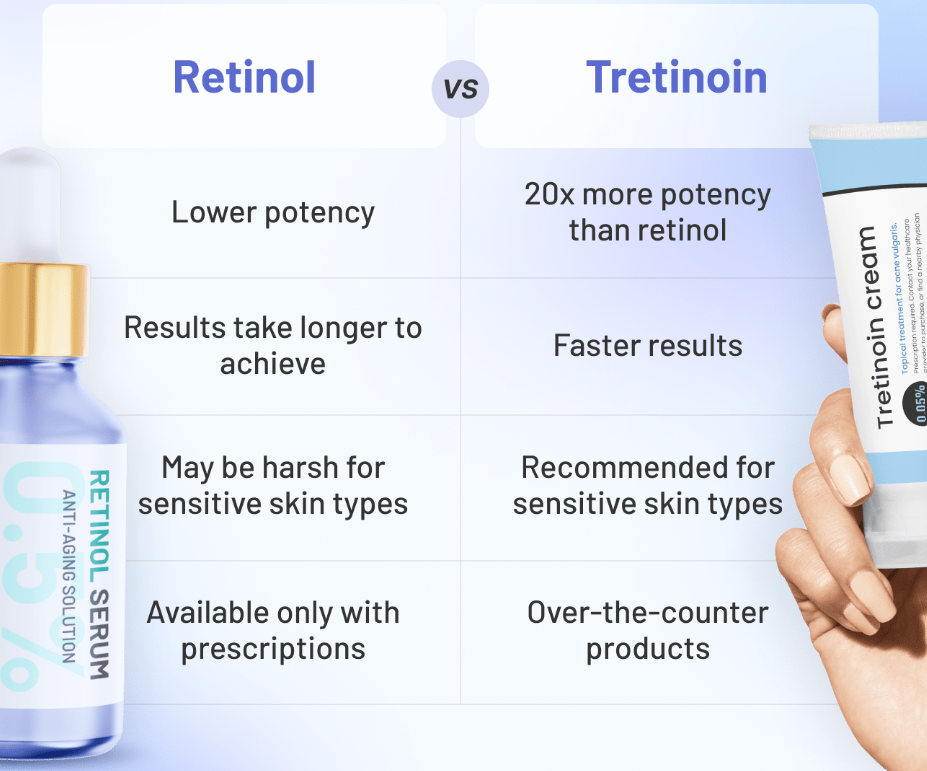
Overview of Tretinoin
Tretinoin is a topical medication that is commonly used to treat acne and improve the overall appearance of the skin. It is a derivative of vitamin A and works by promoting cell turnover and preventing the formation of new acne lesions. Tretinoin is often prescribed by dermatologists and can be found in various forms, such as creams, gels, and lotions. It is important to follow the instructions provided by a healthcare professional when using tretinoin, as it can cause irritation and sensitivity if not used correctly. I
n addition to treating acne, tretinoin is also used to reduce the appearance of fine lines, wrinkles, and hyperpigmentation. It is considered a safe and effective treatment for these skin concerns when used under the guidance of a healthcare provider. While tretinoin can produce visible results, it is important to be patient and consistent with its use, as improvements may take several weeks to become noticeable. Overall, tretinoin is a widely used medication that can help improve the health and appearance of the skin when used appropriately.
Overview of Retinol
Retinol is a form of vitamin A that is commonly used in skincare products for its anti-aging properties. It is a powerful ingredient that can help improve the appearance of fine lines, wrinkles, and uneven skin tone. Retinol works by increasing cell turnover and stimulating collagen production, which can result in smoother, firmer skin. However, it is important to note that retinol can be irritating to some skin types, especially if used in high concentrations. It is recommended to start with a lower concentration and gradually increase as your skin becomes accustomed to the ingredient.
Additionally, retinol should always be used in conjunction with a sunscreen, as it can make the skin more sensitive to UV rays. Overall, retinol is a popular skincare ingredient that can help improve the overall appearance of the skin when used properly and in moderation.
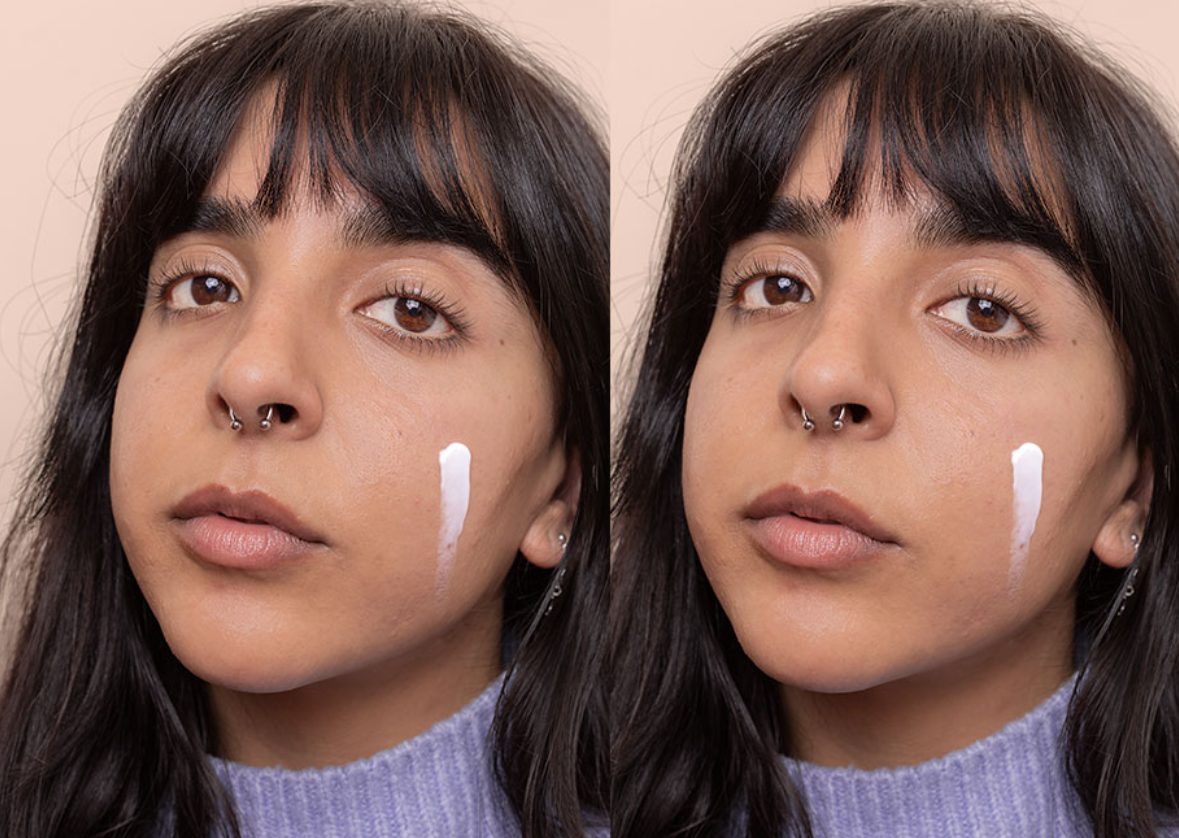
Key Differences Between Tretinoin and Retinol
Tretinoin and retinol are both derivatives of vitamin A and are commonly used in skincare products for their anti-aging and acne-fighting properties. While they may seem similar, there are key differences between the two. Tretinoin, also known as retinoic acid, is a prescription-strength medication that is more potent and effective than retinol. It works by increasing skin cell turnover and stimulating collagen production, which can help reduce the appearance of wrinkles, fine lines, and acne scars.
On the other hand, retinol is available over-the-counter and is less potent than tretinoin. It needs to be converted into retinoic acid by the skin before it can be used effectively, which means it may take longer to see results compared to tretinoin. Additionally, retinol is generally better tolerated by most people and has fewer side effects than tretinoin, which can cause irritation, redness, and peeling in some individuals.
Overall, while both tretinoin and retinol can improve the overall appearance of the skin, tretinoin is more powerful and fast-acting, making it the preferred choice for those looking for more dramatic results. However, retinol can be a good option for those with sensitive skin or those who want to start with a milder form of vitamin A before moving on to tretinoin.
Benefits of Tretinoin
Tretinoin, a derivative of vitamin A, is commonly used in the treatment of acne and other skin conditions. One of the main benefits of tretinoin is its ability to increase cell turnover, resulting in smoother, more even-toned skin. This can help to reduce the appearance of fine lines, wrinkles, and hyperpigmentation. Tretinoin also has anti-inflammatory properties, making it effective in reducing redness and swelling associated with acne breakouts. In addition, tretinoin can help to unclog pores and prevent new acne lesions from forming.
Many users also report that tretinoin helps to improve the overall texture and appearance of their skin, giving it a more youthful and radiant glow. However, it is important to note that tretinoin can cause irritation and dryness, especially when first starting treatment. It is recommended to start with a lower concentration and gradually increase as tolerated. Overall, the benefits of tretinoin in improving skin health and appearance make it a popular choice among dermatologists and skincare enthusiasts alike.
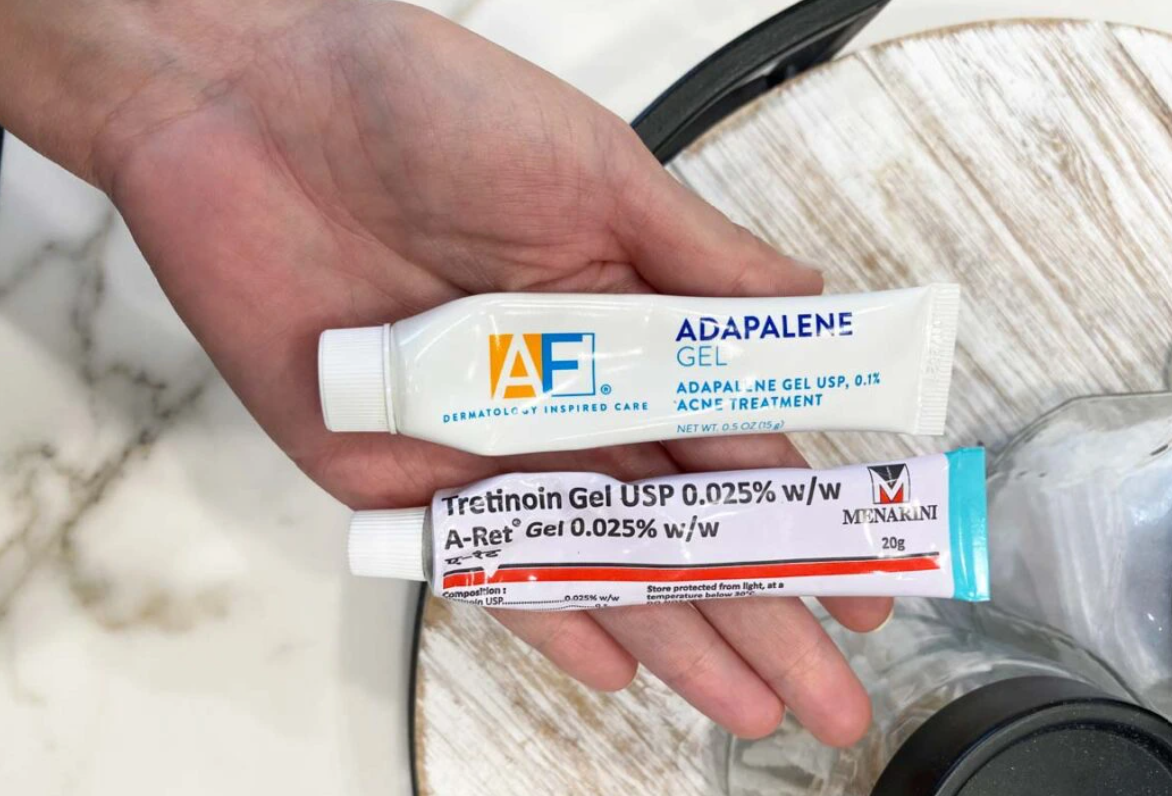
Benefits of Retinol
Retinol, a derivative of Vitamin A, is a powerful ingredient in skincare products that offers a wide range of benefits for the skin. One of the main advantages of retinol is its ability to stimulate collagen production, which helps to improve the elasticity and firmness of the skin. This can help to reduce the appearance of fine lines and wrinkles, giving the skin a more youthful and radiant appearance.
In addition, retinol can also help to improve skin texture and tone, by promoting cell turnover and exfoliating the skin. This can help to smooth out rough patches and improve the overall clarity of the skin. Furthermore, retinol is also effective at reducing the appearance of acne and preventing breakouts, as it helps to unclog pores and reduce inflammation. Overall, incorporating retinol into your skincare routine can help to improve the overall health and appearance of your skin, leaving it looking smoother, brighter, and more youthful.
Side Effects and Irritation
When it comes to medications and treatments, side effects and irritation are common occurrences that can occur. These unwanted effects can range from mild discomfort to severe complications, depending on the individual and the specific treatment. Some side effects may include nausea, headaches, dizziness, or skin irritation, while others may be more serious and require immediate medical attention.
It is important for individuals to be aware of the potential side effects of any treatment they are undergoing and to communicate any concerns with their healthcare provider. In some cases, side effects can be managed with adjustments to the treatment plan or with the use of additional medications.
However, in other instances, the side effects may be unavoidable and may require the individual to weigh the benefits of the treatment against the potential risks. It is crucial for individuals to be informed and proactive in managing their side effects and seeking medical help if needed. By being vigilant and proactive, individuals can minimize the impact of side effects and irritation and ensure that they are receiving the best possible care for their condition.
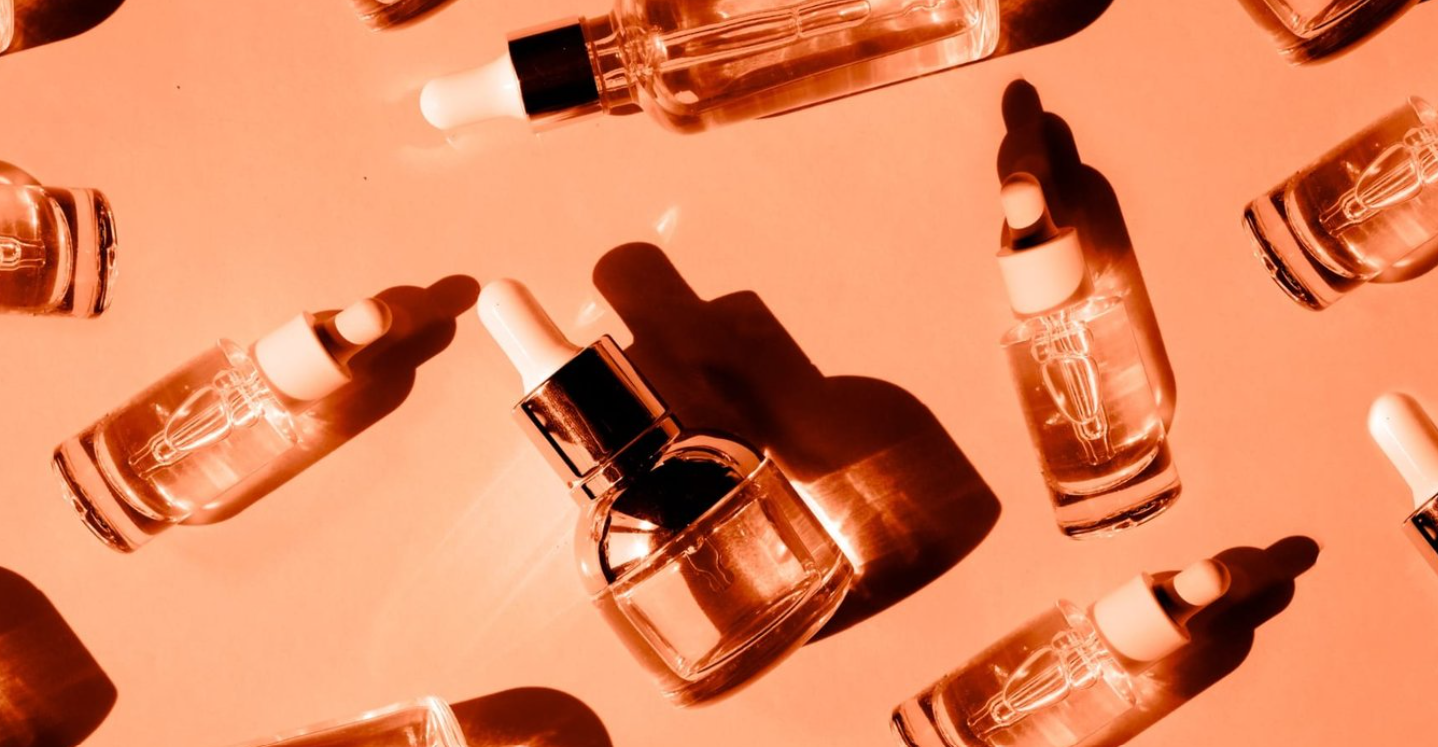
Suitability for Different Skin Types
When it comes to skincare products, it is important to consider the suitability for different skin types. Not all products are created equal, and what may work well for one person’s skin may not work well for another. For example, individuals with oily skin may benefit from products that are oil-free and non-comedogenic, as these formulas are less likely to clog pores and exacerbate breakouts. On the other hand, those with dry skin may require products that are rich in hydrating ingredients like hyaluronic acid and glycerin to restore moisture levels and prevent flakiness.
Additionally, individuals with sensitive skin should opt for products that are free of fragrances, dyes, and other potential irritants to minimize the risk of redness, itching, or inflammation. Understanding your skin type and its specific needs is essential in selecting the right products to achieve healthy, radiant skin.
Consulting with a dermatologist or skincare professional can also provide valuable insight into the best products and ingredients for your individual skin type. By choosing products that are tailored to your skin’s unique needs, you can help maintain a balanced complexion and address any concerns effectively. Ultimately, prioritizing the suitability of skincare products for different skin types can lead to improved skin health and overall satisfaction with your skincare routine.
Who Should Use Tretinoin?
Tretinoin is a topical medication that is commonly used to treat acne and improve the appearance of skin affected by sun damage and aging. It is a powerful medication that can have both positive and negative effects on the skin, depending on the individual’s skin type and condition.
Due to its potency, tretinoin should only be used under the guidance of a healthcare professional, such as a dermatologist or primary care provider. It is not recommended for use by pregnant women or individuals with sensitive skin, as it can cause irritation and other adverse reactions.
In general, tretinoin is best suited for individuals with moderate to severe acne or those looking to improve the overall texture and appearance of their skin. It is important to follow the recommended usage instructions and to monitor the skin for any signs of irritation or other side effects. Consulting with a healthcare provider before using tretinoin can help ensure that it is the right treatment option for you and that you are using it safely and effectively.
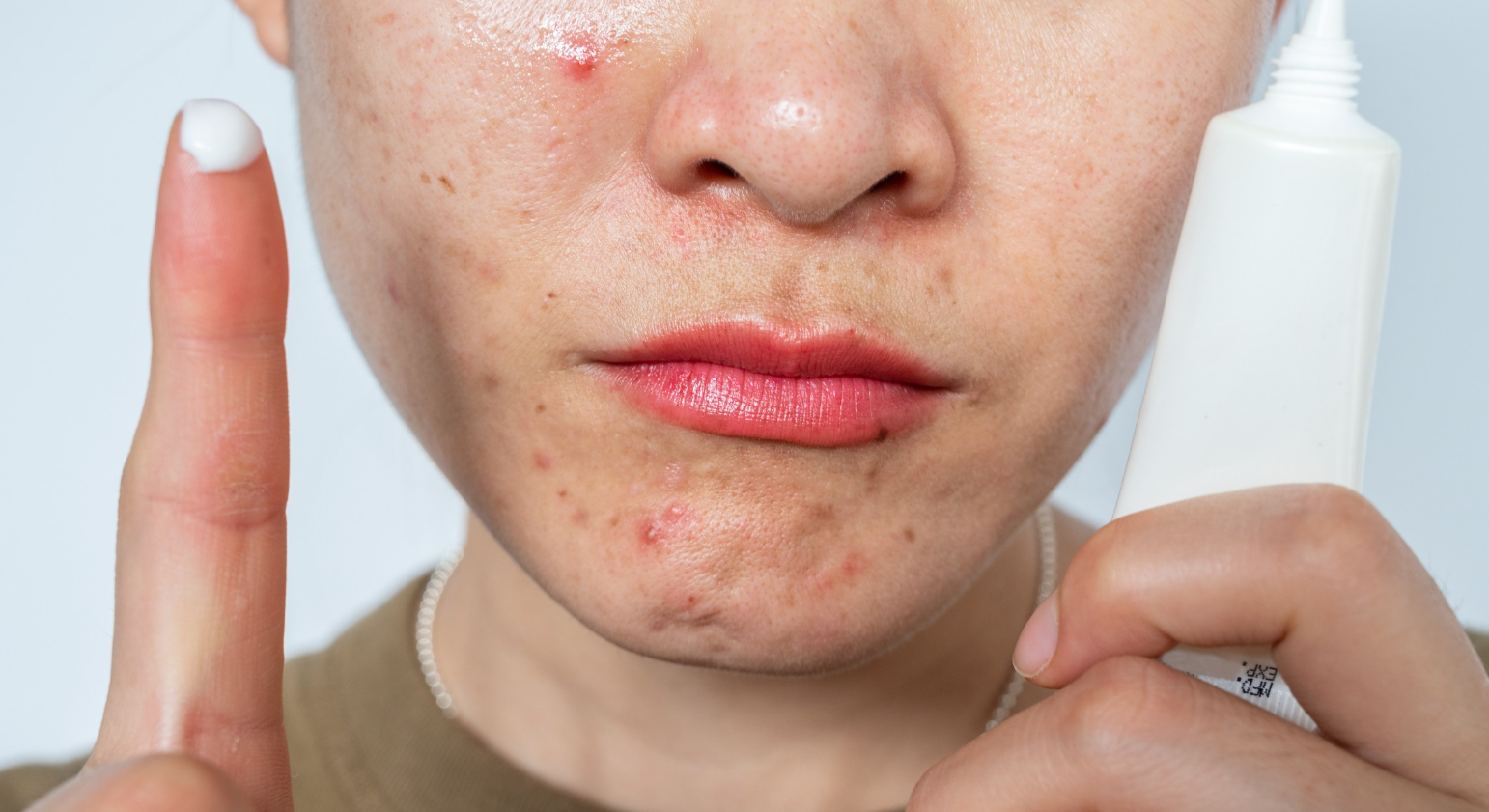
Who Should Use Retinol?
Retinol is a powerful ingredient that can have significant benefits for the skin, but it is not suitable for everyone. Generally, retinol is recommended for individuals who are looking to improve the appearance of fine lines, wrinkles, and acne scars. It can also help to even out skin tone and texture.
However, it is important to note that retinol can be quite potent and may cause irritation, redness, and peeling for some people, particularly those with sensitive skin. It is best to consult with a dermatologist before incorporating retinol into your skincare routine, especially if you have any existing skin conditions or are pregnant or breastfeeding. Additionally, it is important to start with a lower concentration of retinol and gradually increase as your skin builds tolerance. Overall, retinol can be a beneficial ingredient for many individuals, but it is essential to use it responsibly and carefully to avoid any potential adverse effects.
Who Should Avoid Tretinoin or Retinol?
Tretinoin and retinol are powerful skincare ingredients that can offer significant benefits, but they are not suitable for everyone. Individuals who have sensitive skin or a history of allergic reactions to skincare products should avoid using tretinoin or retinol, as they may experience irritation, redness, or peeling. Pregnant or nursing women should also steer clear of these ingredients, as they have been linked to potential harm to the developing fetus or infant. Those with certain skin conditions such as eczema, rosacea, or psoriasis may find that tretinoin or retinol exacerbates their symptoms and should consult with a dermatologist before incorporating these products into their skincare routine.
Additionally, individuals who are using other skincare products that contain ingredients that may interact negatively with tretinoin or retinol should exercise caution and seek advice from a healthcare professional. Overall, it is important to assess one’s individual skin type and health status before using tretinoin or retinol to avoid any potential adverse reactions or complications. Consulting with a dermatologist or skincare specialist can help individuals determine if these ingredients are suitable for their specific needs and concerns.
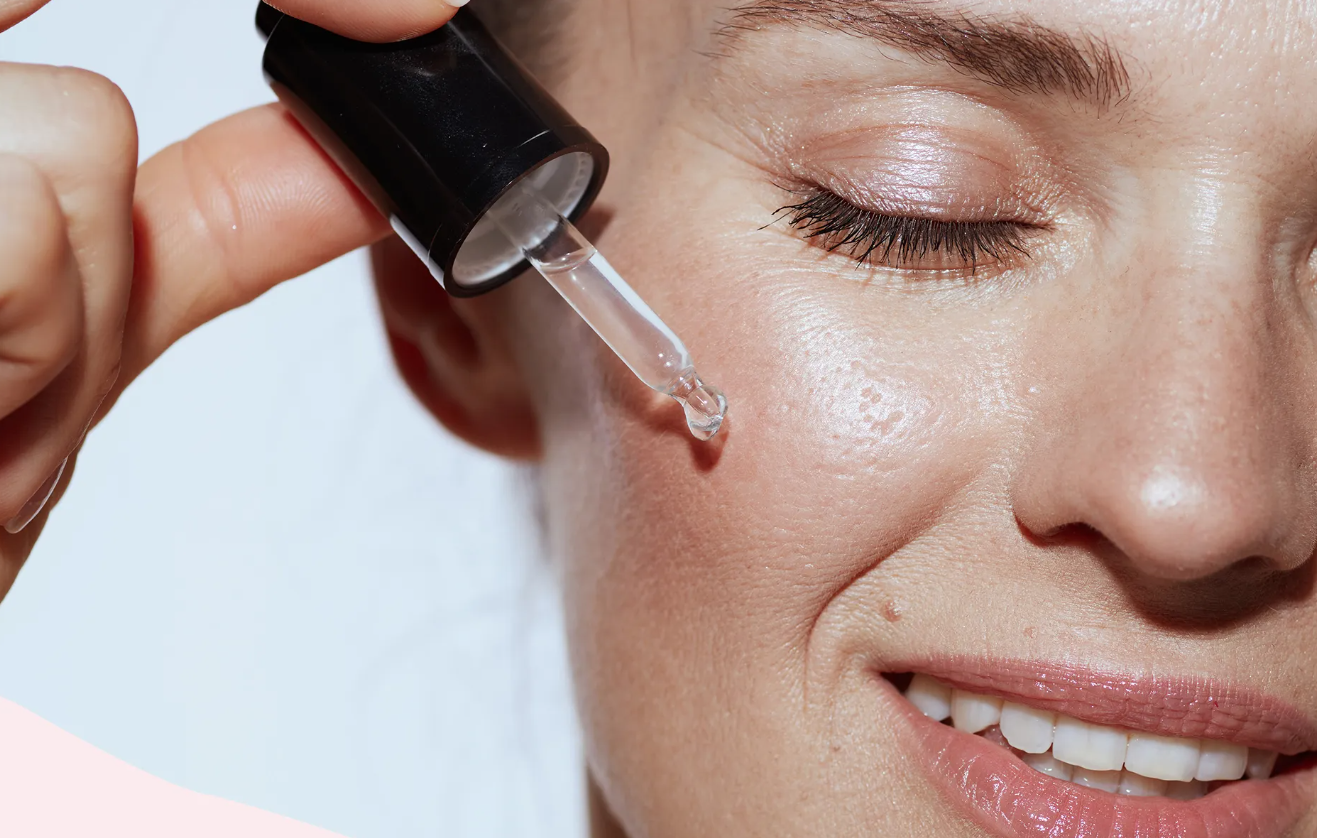
Prescription vs Over-the-Counter Availability
The debate over whether certain medications should be available by prescription only or over-the-counter has been ongoing for years. Proponents of prescription-only argue that some medications require the supervision of a healthcare provider to ensure they are used safely and effectively.
They believe that without a prescription, patients may misuse or abuse certain medications, leading to potential harm. On the other hand, supporters of over-the-counter availability argue that it gives consumers more autonomy and convenience when it comes to managing their own health. They believe that making certain medications readily available without a prescription can save time and money for both patients and healthcare providers. Additionally, they argue that many over-the-counter medications are safe and effective when used as directed, making it unnecessary for them to require a prescription.
Ultimately, the decision of whether a medication should be available by prescription only or over-the-counter is a complex one that involves balancing the need for patient safety with the desire for increased access and convenience. It is important for policymakers and healthcare professionals to carefully consider the potential risks and benefits of each option before making a decision.
How to Choose Between Tretinoin and Retinol
When it comes to choosing between tretinoin and retinol, it is important to consider your skin type and concerns. Tretinoin is a prescription-strength retinoid that is often recommended for treating acne, wrinkles, and sun damage. It is more potent than retinol and can produce quicker results, but it may also cause more irritation and dryness. Retinol, on the other hand, is available over the counter and is gentler on the skin. It is a good option for those with sensitive skin or who are new to using retinoids.
When deciding between the two, it is important to consult with a dermatologist to determine which product is best suited for your skin. They can help assess your skin type and concerns and recommend the most appropriate treatment. Additionally, it is important to start with a lower concentration of either tretinoin or retinol and gradually increase as your skin becomes accustomed to the product.
It is also important to use a sunscreen during the day when using either product, as they can increase sensitivity to the sun. Ultimately, the choice between tretinoin and retinol will depend on your individual skin needs and preferences, so it is important to do thorough research and seek professional advice before making a decision.
